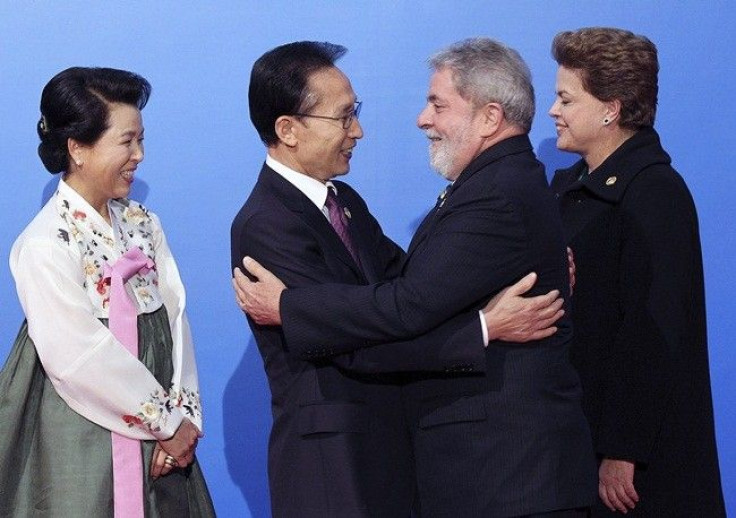Opinion: Seoul Summit-A Post-Mortem

IB Times interviewed Michael Yoshikami, president of YCMnet Advisors of Walnut Creek, Cal. to get his views on the recently completed G20 summit in Seoul, Korea.
IB TIMES: What, if anything, do you think was accomplished at this summit?
YOSHIKAMI: The primary achievement was a plan to talk more into the future and not avoid the difficult discussions.
There are obvious tensions between countries running large current account deficits and those countries, such as China, running large current account surpluses. Given the tension, it is an achievement that the Summit actually came up with a coherent statement.
The statement, even though vague in concrete actions and lacking in substance, did allow countries a bit more time to continue to adjust and move at their own pace. The downside risk and damage from a stalemate was limited.
IB TIMES: Did the so-called “currency war” between China and U.S. reach any kind of compromise, or are things worse than ever on that front?
YOSHIKAMI: Unfortunately, no resolution was reached and President Obama continued to criticize China after the summit. US-China discord seems to have stepped up a gear as we are seeing more of a public disagreement between China and the U.S.
Still, regardless of international pressures, Chinese leadership will probably continue to lean towards foreign exchange reform due to inflation fears and structure reforms.
IB TIMES: What in your opinion has been the biggest failure of G20?
YOSHIKAMI: Once again, it's much talk, little action.
IB TIMES: Anything symbolic about holding the summit in Korea -- given that this country straddles between the emerging and developed worlds?
YOSHIKAMI: Not really, though South Korea did try to highlight the emergence of this country as a top-tier economy.
IB TIMES: Has G20 lost its relevance? Are there some fundamental issues that the major countries simply cannot agree upon? Or does it still play an important role in global economic issues?
YOSHIKAMI: I don't think it has lost its relevance, but it is indeed becoming more fragmented and less cohesive in its goals. This is largely due to the different recovery trends we are seeing internationally.
Emerging markets such as China, and South East Asia, have recovered so quickly that many are worried about asset bubbles. Slow-growing developed economies like the U.K., U.S. and Germany have kept interest rates at record lows in order to kick-start growth. It is no wonder there are differing views on the right course of action.
Still, despite the policy differences, G20 is important. There needs to be a coordinated, forced meeting on a regular basis to attack financial issues. G20 is one of those opportunities.
© Copyright IBTimes 2024. All rights reserved.











